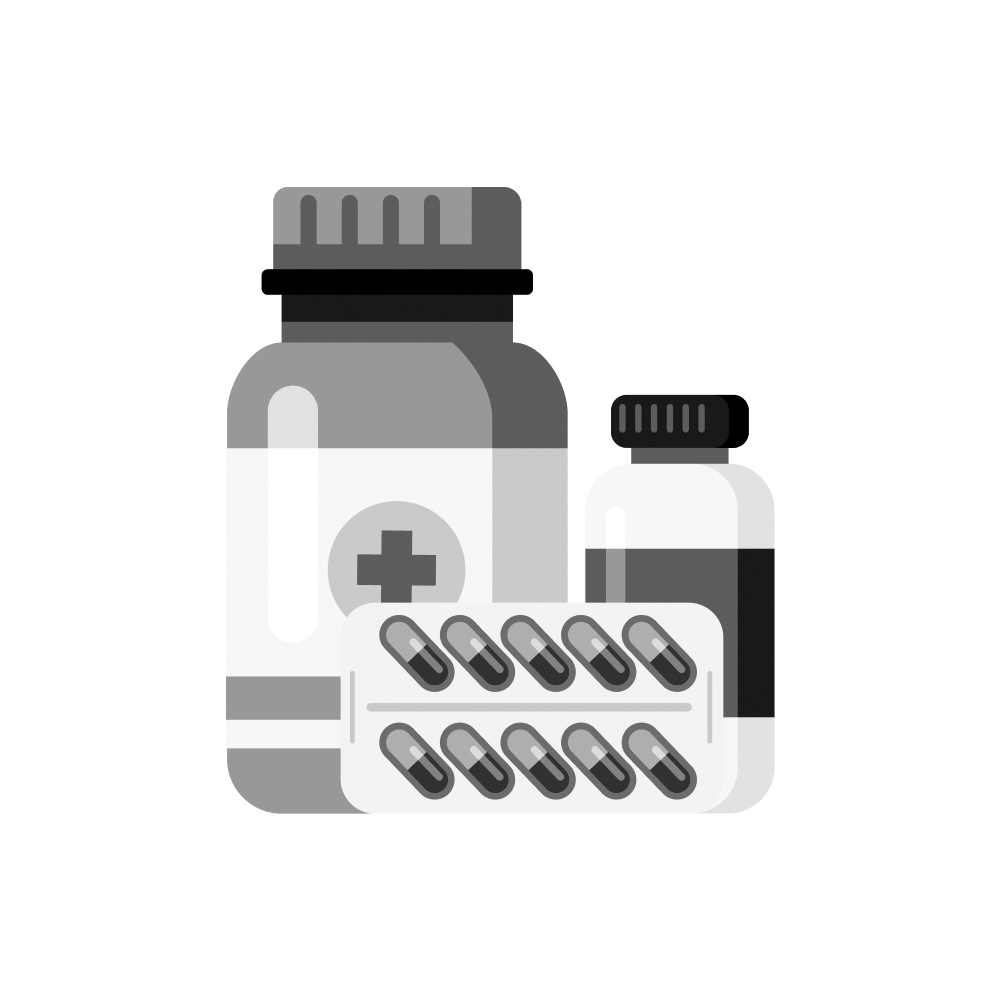ফার্মেসীর জন্য পাইকারি দামে ঔষধ কিনতে রেজিস্টেশন করুন
Register
Chemist Laboratories Ltd.
Generic: Atracurium Besylate
Safety Advices
বাংলা
English
CONSULT YOUR DOCTOR
It is not known whether it is safe to consume alcohol with Atrium. Please consult your doctor.
CONSULT YOUR DOCTOR
Atrium may be unsafe to use during pregnancy. Although there are limited studies in humans, animal studies have shown harmful effects on the developing baby. Your doctor will weigh the benefits and any potential risks before prescribing it to you. Please consult your doctor.
SAFE IF PRESCRIBED
Atrium is probably safe to use during breastfeeding. Limited human data suggests that the drug does not represent any significant risk to the baby.
NOT RELEVANT
Not relevant, as Atrium is intended for use in hospitalised patients.
SAFE IF PRESCRIBED
Atrium is safe to use in patients with kidney disease. No dose adjustment of Atrium is recommended.
SAFE IF PRESCRIBED
Atrium is safe to use in patients with liver disease. No dose adjustment of Atrium is recommended.
ফার্মেসীর জন্য পাইকারি দামে ঔষধ কিনতে রেজিস্টেশন করুন
Register
Chemist Laboratories Ltd.
Generic: Atracurium Besylate
Disclaimer
The information provided herein is accurate, updated and complete as per the best practices of the Company. Please note that this information should not be treated as a replacement for physical medical consultation or advice. We do not guarantee the accuracy and the completeness of the information so provided. The absence of any information and/or warning to any drug shall not be considered and assumed as an implied assurance of the Company. We do not take any responsibility for the consequences arising out of the aforementioned information and strongly recommend you for a physical consultation in case of any queries or doubts.
